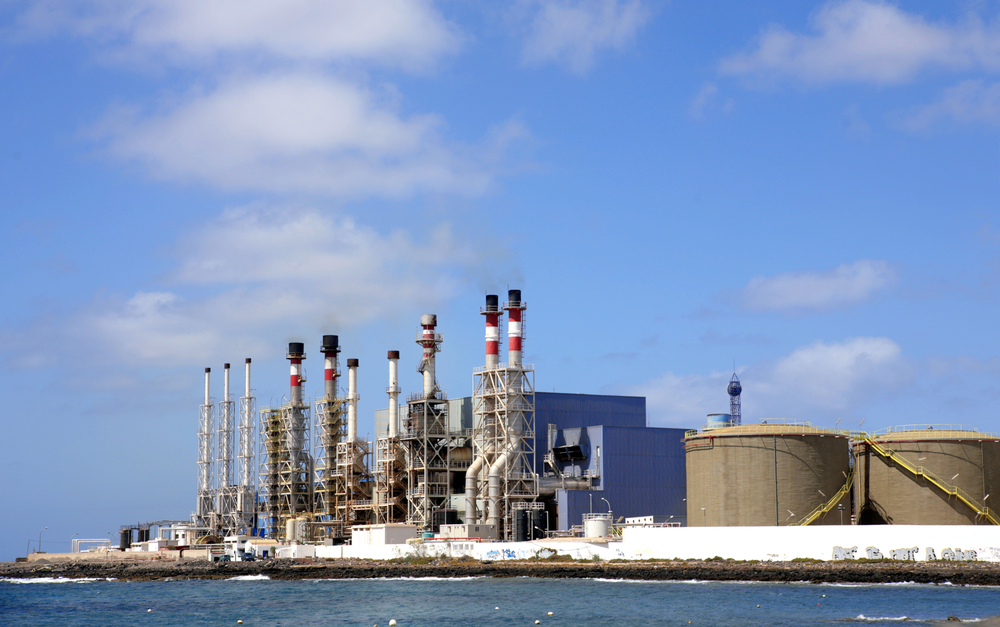Coronavirus masks and gloves polluting oceans and beaches
06/10/2020 / By Franz Walker

Facemasks, gloves and other personal protective equipment (PPE) used to fight the spread of the Wuhan coronavirus (COVID-19) are adding to the garbage in the world’s oceans.
Operation Mer Propre (Operation Clean Sea), a French nonprofit group that regularly picks up litter along the Cote d’Azur, sounded the alarm late last month after their divers found discarded gloves, masks and empty hand sanitizer bottles in the Mediterranean.
The quantities of masks and gloves that they found were far from enormous. However, the organization’s Joffrey Peltier worries that the discovery hinted at a new kind of pollution that could become ubiquitous after millions of people around the world turned to these single-use plastic items to fight the coronavirus.
“It’s the promise of pollution to come if nothing is done,” said Peltier.
Disposed PPEs are an “ecological timebomb”
In an effort to stall the virus’s spread, health authorities around the world have begun stocking up on masks and other forms of PPE. France, for one, recently ordered 2 billion disposable masks. The disposable nature of this equipment, combined with the fact that most are not biodegradable, has caused some to warn that their improper disposal could lead to an increase in marine pollution.
“Knowing that … soon we’ll run the risk of having more masks than jellyfish in the Mediterranean,” wrote Operation Mer Propre’s Laurent Lombard about the French order for more masks.
In a letter to French President Emmanuel Macron, politician Eric Pauget warned that the disposable masks were an “ecological timebomb,” referring to their 450-year lifespan. In his letter, Pauget called on the French president to do more to address the environmental consequences of the PPEs. He pointed out that these masks often contain plastics such as polypropylene.

Operation Mer Propre’s cleanup drive along the Cote d’Azur wasn’t the first time that disposable masks had been found cluttering the ocean. Earlier this year, the Hong Kong-based OceansAsia voiced similar concerns after dozens of disposable masks were found in a survey of marine debris in the city’s uninhabited Soko Island.
“On a beach about 100 meters long, we found about 70,” said OceansAsia’s Gary Stokes. “And that’s on an uninhabited island in the middle of nowhere.”
Curious as to the extent of the problem, Stokes began checking other nearby beaches where he also found more discarded masks.
“We’re finding them everywhere,” he said. “Ever since society started wearing masks, the cause and effects are being seen on the beaches.”
While some of the debris could be attributed to carelessness, Stokes theorized that some of the lightweight masks were also being carried out from boats, as well as from landfills, by the wind.
Increase in use of single-use PPEs contribute to increased pollution
Disposing of the masks and other PPE on land doesn’t necessarily mean they won’t end up in the sea. Talking to EuroNews, experts from British environmental nonprofit City to Sea confirmed that land-based activity accounts for 80 percent of ocean pollution.
What makes the PPEs used during the pandemic have such an impact is the fact that, in medical settings, most of these are single-use. They’re thrown away almost immediately after they’re used where there’s a chance they’ll end up clogging waterways before finding their way to the ocean and harming marine life.
The pandemic has heightened this risk as more people turn to these PPEs to protect themselves against the coronavirus. In a recent survey, City to Sea found that 36 percent of Britons felt pushed into using more single-use plastics at the moment. However, this survey also shows that 70 percent of people haven’t changed their feelings about plastic pollution, despite the increased amount of single-use plastics being used as protective gear due to the pandemic.
“Whilst public safety must remain our priority, it doesn’t have to come at the cost of our planet,” says City to Sea founder Natalie Fee. “Our survey shows that one-third of consumers feel pressured into using – not choosing – single-use and we feel our governments should be advocating and funding a more sustainable recovery.”
Fee then pointed out that the World Health Organization still promotes good hygiene and hand-washing as the “best option” to protect against the coronavirus and that reusable masks, which can be made at home and washed after use, offer a more sustainable solution.
Sources include:
Submit a correction >>
Tagged Under:
This article may contain statements that reflect the opinion of the author





















